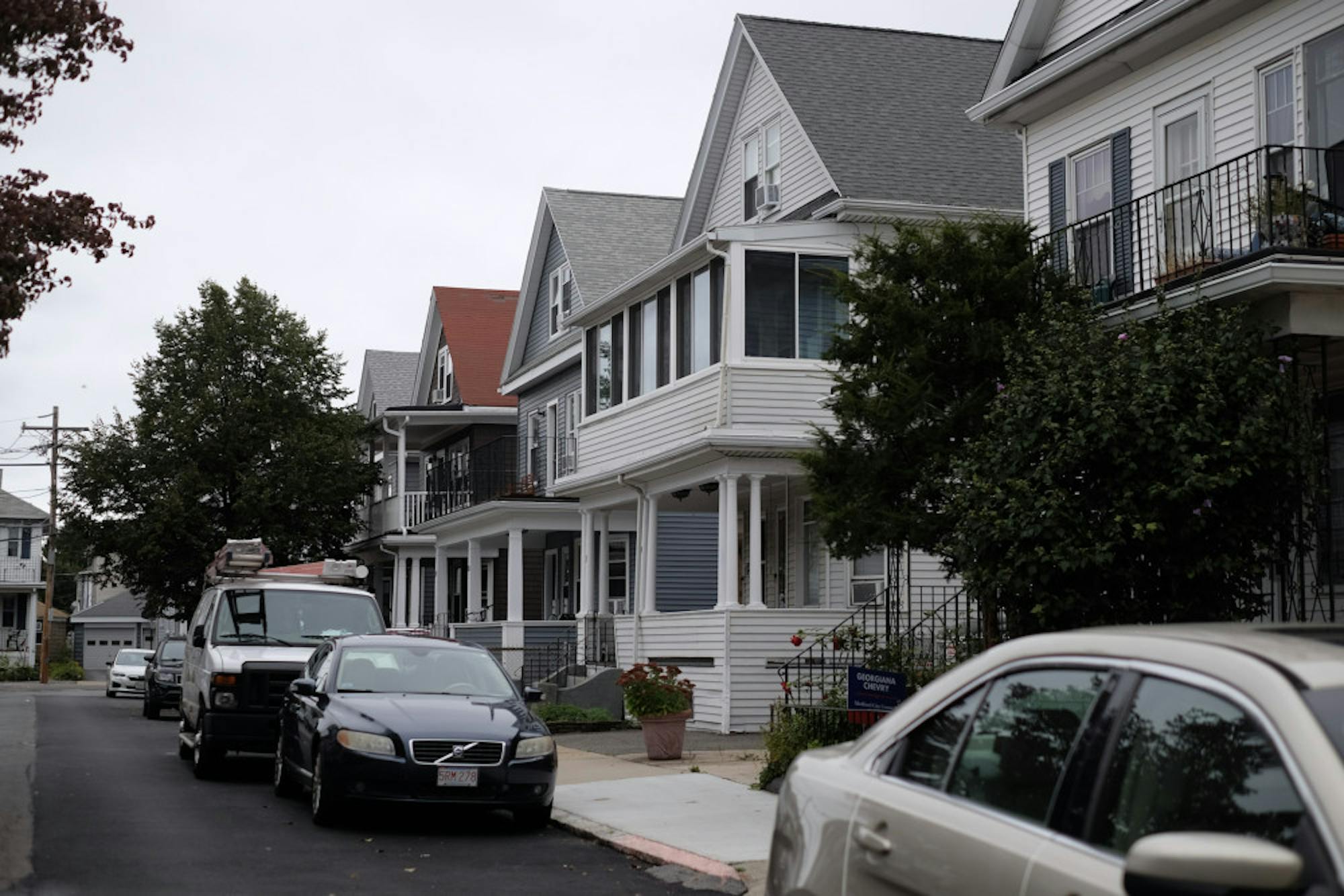President Joe Biden signed a $1.9 trillion stimulus package titled the American Rescue Plan Act (ARPA) of 2021 in March. Massachusetts received about $5.3 billion in funding from the bill for post-pandemic recovery efforts. On Oct. 29, the Massachusetts House of Representatives voted unanimously to appropriate around $3.6 billion of the ARPA funding.
Christine Barber, a state representative for the 34th Middlesex District, which covers much of Tufts University's Medford/Somerville campus and the surrounding areas, explained that the state legislature had a different timeline in mind for the spending bill than Massachusetts Governor Charlie Baker, who wanted to spend the money as soon as possible.
“Initially the governor wanted to spend it quickly, but the legislature basically pulled the money back and created a fund that had that money in it [for later use],” Barber said.
State Representative for the 27th Middlesex District Erika Uyterhoeven, who represents the rest of Tufts' Medford/Somerville campus and a swath of Somerville including Davis Square, spoke about a lack of public transparency throughout the bill-drafting process.
“The public has access to the bill about 24 hours before we vote on it," Uyterhoeven said. "Just because the bill is released [to the public] doesn't mean that there are articles written about it, right? So unfortunately that's one of the many issues about the lack of transparency in our legislature."
Patricia Jehlen, state senator for the 2nd Middlesex District, which represents all of the Tufts' Medford/Somerville campus, explained that, before the vote, state legislators had made recommendations on how to spend the money.
Legislators from the Somerville and Medford area advocated for the funding to go towards infrastructure, housing and climate change mitigation efforts. Jehlen sought $10 million to conduct an environmental impact review of the Green Line Extension.
“The next stage in the extension of the Green Line ... is the environmental impact review, and $10 million would fund that,” Jehlen said.
Barber spoke in favor of the Green Line Extension Project, and hoped to use ARPA funding to fund that project.
“Getting the Green Line Extension to go one more stop to Mystic Valley Parkway, Route 16, that's been a proposal for a long time," Barber said. "I would like to fund the design of that next [MBTA] stop."
There had also been calls to direct the funding toward a pilot program that would lower the cost of the MBTA.
“Lowering [fares] or making the MBTA free is a really big issue particularly for low-income and immigrant communities because it is a really regressive form of taxation through our public transit,” Uyterhoeven said.
Jehlen explained how this pilot program would work in more detail.
“All the buses in the MBTA system would be free during the pilot and you would find out what will happen to ridership and to costs,” Jehlen said. “That’s a relatively small ask, $70 million a year, would pay if you had fare-free buses throughout the state.”
In addition to infrastructure, there had been calls among Massachusetts legislators to allocate the money toward housing programs. Barber discussed a program she supports that seeks to address housing access issues in the City of Somerville.
“One [program] is emergency housing, or a program called Homebase, that I've worked on for years," Barber said."Especially [during the pandemic], many more people have faced eviction and homelessness. The Homebase program is an important one that keeps people in stable housing and out of shelters."
Looking to the future, Uyterhoeven sees climate change as another major issue that funding from ARPA should address.
“Another big category that we should expect to see ... is around infrastructure for climate crisis mitigation,” Uyterhoeven said. “We've had a lot of flooding and sewer issues this past summer. Our infrastructure here in Somerville needs funding for that.”
The spending bill, which directed funding towards housing, climate change, economic development, labor, education and health, addressed some, but not all, of legislators' priorities. Regardless, Barber spoke on the importance of the passage of the ARPA spending bill, an opportunity which does not present itself often.
“It was a significant spending bill," Barber said. "It's really rare that we do a bill that we can fund this many projects outside of the state’s budget process.”
Sean Garballey, state representative for the 23rd Middlesex District, mentioned how passing the bill addressed his goal of responding to climate change and the environment.
“My focus was really around trying to advocate for the bill around climate resiliency and other important items to address climate change,” Garballey said. "The environment and climate change mitigation was really my top priority for where I really believed these funds should be focused."
Barber expressed satisfaction on the amount of monies that were passed in terms of affordable housing around the Commonwealth.
“There's a lot of money, many hundreds of millions for affordable housing, [that] is my top priority," Barber said.
However, Barber hopes that some of the remaining funding will go toward some issues that were not addressed in the original package.
“I'm hopeful we’ll get an infrastructure bill and get some money to put into public transit and more environmental projects for so many things that are needed,” Barber said.
The State Senate has until Friday to submit amendments to the ARPA bill and it is expected to be put up for a vote in the next week.






